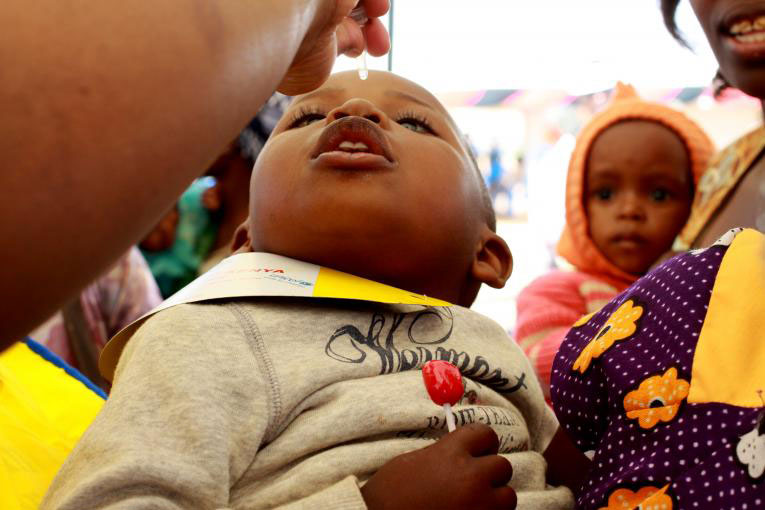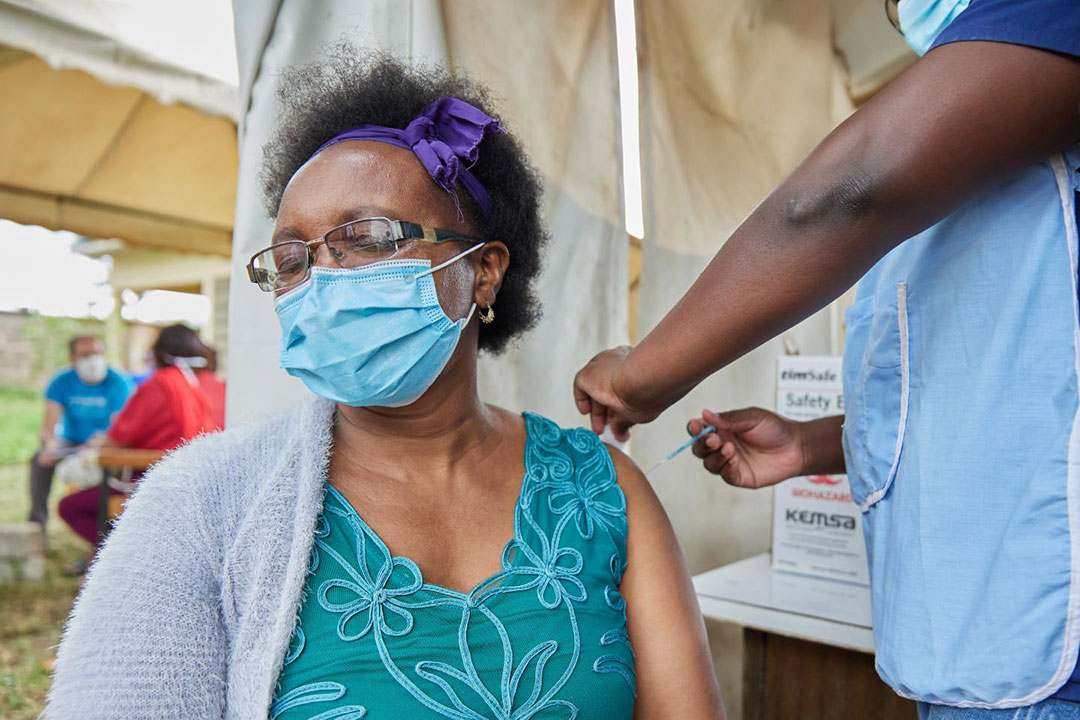Immunisation relieves the financial burden for families in Kenya
In Kenya, people often rely on their community for assistance in covering medical expenses. Immunisation changes this for the better.
- 20 October 2021
- 3 min read
- by Magdaline Muranda

Good health contributes to a healthy society in ways that we often don’t realise. Vaccines are a great example of this: not only do they protect children from diseases like polio and measles, they also help children do better in school and contribute to financial liberation.
Kabras village elder Shadrack Lumbasi, who witnessed the fall and comeback of Luvisia’s family, attests to the fact that immunisation is a lifesaver.
Child vaccination coverage in Kenya has improved tremendously in recent years, with the implementation of strategies designed to reduce the number of zero-dose children. This has also lessened the need for local fundraising to pay hospital bills: a big worry among Kenyans.

Photo Courtesy unicef.org
Health worker Dr Ruth Wairimu, who has worked in the health sector for more than ten years, sheds some light on the significance of immunisation in reducing the societal burden in Murang’a county.
“Inadequate finances to cater for illnesses associated with immunisation is one of the greatest challenges. Due to poverty, most families end up fundraising for treatment within their community,” Dr Wairimu explains.
For Mark Luvisia’s family, from Kabras village in Kenya’s western region, the benefits of immunisation were realised in the most painful way possible.
Have you read?
“Eight years ago, our firstborn son was born. He never received any vaccines as we could not access the health facility. When my son was three years old, we noticed he was experiencing some health challenges. We sought medical attention at our neighbourhood hospital. The doctor confirmed that the child’s immune system was struggling, and he was suffering from a polio-related illness. We did a fundraiser to pay for the bills, but, sadly, our son did not make it,” Luvisia reflects.
Despite losing their firstborn, the family took the initiative to campaign on the importance of vaccination in their community.
“We took it upon ourselves to conduct door-to-door campaigns to educate other families on the importance of immunisation. We now have three children who are fully immunised and we have really enjoyed being parents,” Luvisia adds.
Kabras village elder Shadrack Lumbasi, who witnessed the fall and comeback of Luvisia’s family, attests to the fact that immunisation is a lifesaver.
“Immunisation improves a child’s cognitive skills, physical strength, and performance at school,” he says. "In the long term, this leads to increased productivity. Most communities like ours that have more children vaccinated have higher productivity compared to those that are not. Fully vaccinated communities experience fewer financial burdens associated with vaccine-preventable diseases like the ones we have faced before as a community.”






